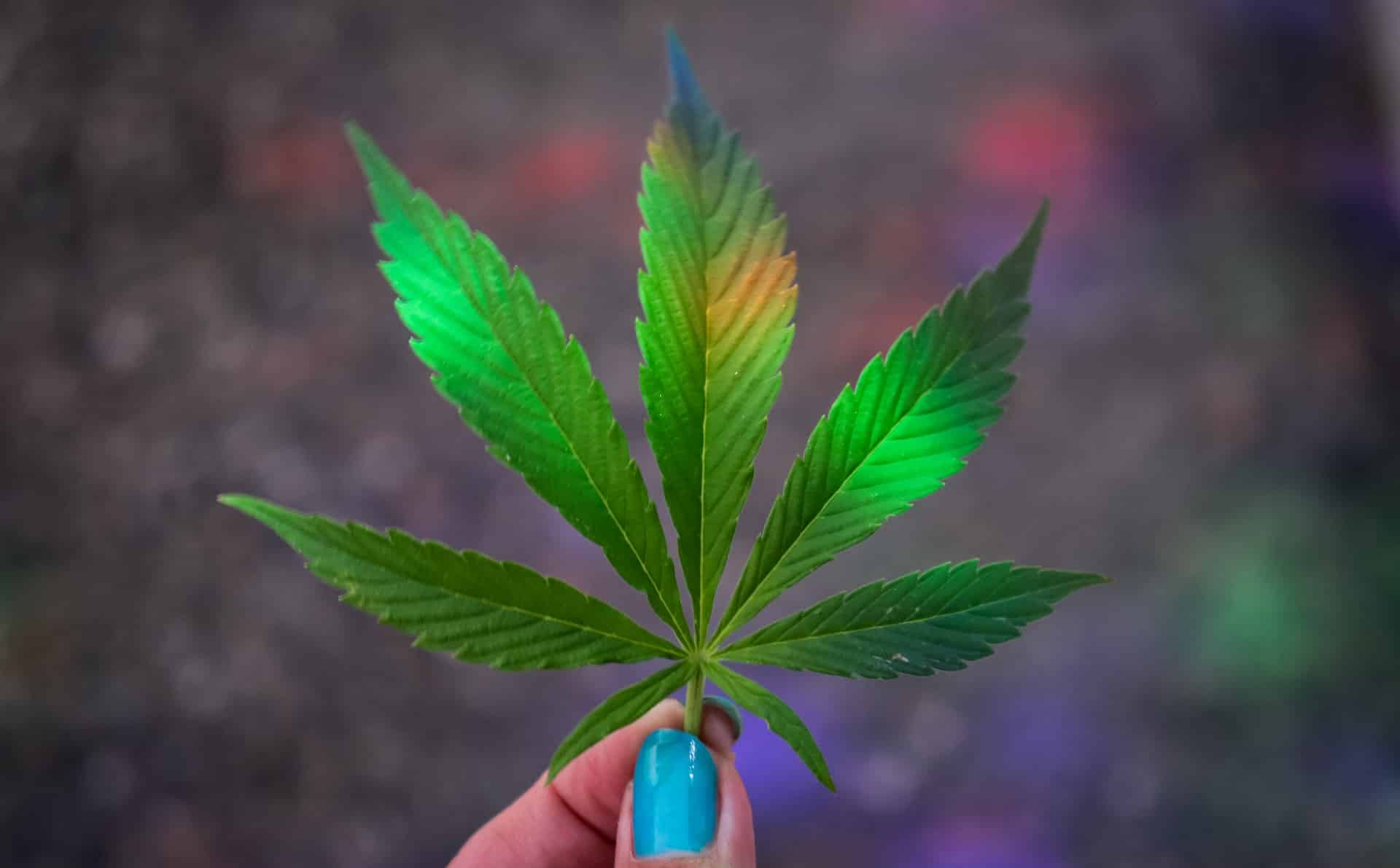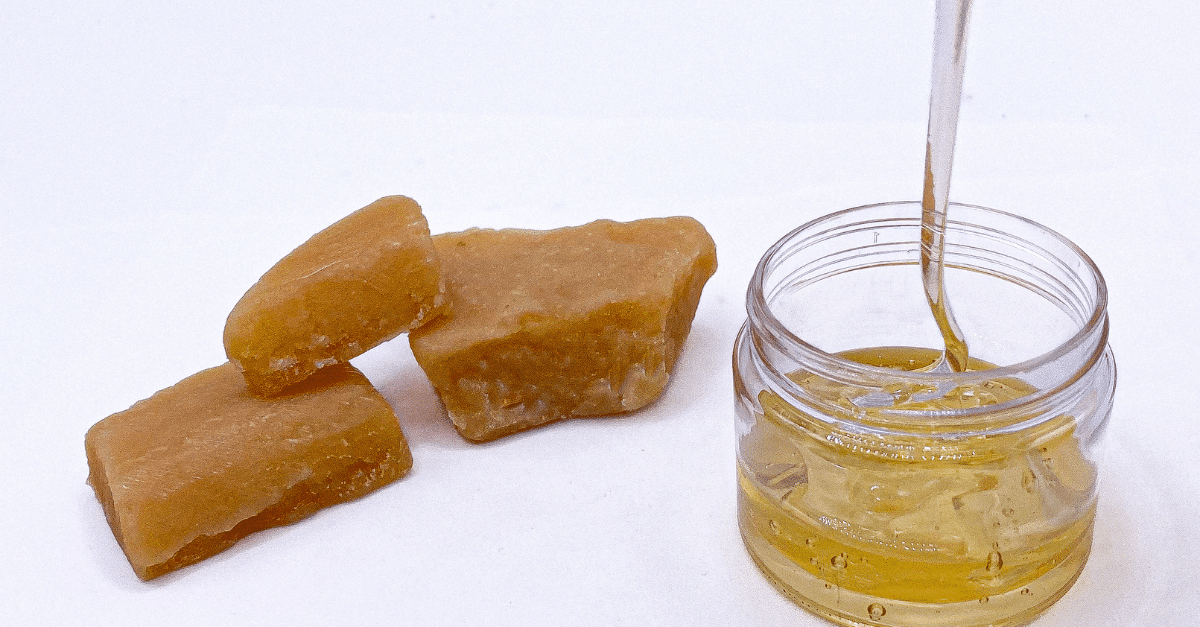THCV, the new cannabinoid?
Cannabis is a wonderful plant. Made up of hundreds of molecules known as cannabinoids, cannabis is being studied more and more by scientists, who are keen to understand its mechanisms and offer more natural alternatives to patients suffering from certain ailments. Today, we're going to focus on THCV (tetrahydrocannabivarin), a little-known cannabinoid whose potential benefits are of great interest to researchers and which, in the future, could well have a real impact on health.
What is THCV?
THC vs THCV: what are the differences?
What are the effects of THCV?
Is THCV a drug?
The future of THCV, between benefits and scientific research
What is THCV?
The cannabis plant is made up of around a hundred cannabinoids. Some are very well known! These include CBD (cannabidiol) and THC (tetrahydrocannabinol). Others, such as CBG (cannabigerol) and CBN (cannabinol), are of growing interest to industry professionals.
But have you ever heard of THCV? An acronym for tetrahydrocannabivarin, THCV is a cannabinoid whose molecular formula is quite similar to that of THC, the psychotropic molecule in cannabis... although the two molecules remain different.
In fact, THCV has some very interesting characteristics, especially for scientists who are trying to unravel it in order to understand it better:
- THCV is found in "large" quantities (around 4 to 5%) in classic varieties of hemp and cannabis plants, which are therefore not hybrids.
- Its benefits, effects and modes of action are increasingly well known. For example, THCV is known to reduce appetite
- It has psychotropic effects
That's pretty much where we are right now. In short, we can see that science is advancing, and researchers are continuing to learn about this molecule, to study and analyze it, while the general public is not necessarily familiar with it!
THC vs THCV: what are the differences?
One of the big questions we have to ask ourselves is the difference between THC and THCV! Firstly, the two molecules differ in form. Without going into too much detail, THC (tetrahydrocannabinol) and THCV (tetrahydrocannabivarin), although structurally very similar, are cousins rather than brothers.
While THCV is associated with the appearance of potentially undesirable psychoactive effects, its action is not quite the same as THC, mainly in terms of appetite. THC is known to make you want to eat. THCV, however, when present in sufficient quantities, suppresses these cravings. This is due in particular to a different action on cannabinoid receptors CB1 and CB2, produced by the endocannabinoid system and responsible for the sensation of satiety.
Finally, THCV blocks two of THC's main effects: memory loss and increased blood flow. The goal for researchers? Isolate THCV from THC to study its full benefits in greater depth. Research is still in its infancy, so it's difficult to determine precisely the full scope of THCV's impact on the body, its action on addiction, etc....
What are the effects of THCV?
Apart from its impact on appetite and feelings of drunkenness, how does THCV work? According to some research (which needs to be confirmed by further analysis), THCV may impart a more energetic, euphoric high than THC. Varieties rich in tetrahydrocannabivarin would therefore have a certain "energizing capacity".
In a way, you could almost say that THCV is a cross between THC and CBD. While it has undesirable effects, it also acts as an agonist for certain actions of THC, whose boiling point is 158 degrees, compared with 220 degrees for THCV. This difference suggests that products such as e-liquids or Flowers containing THCV will soon be on the market.
Is THCV a drug?
In view of these effects on the body, we have every right to question the legality of THCV! But, as in many cases (notably with HHC and CBD before it), THCV is in a grey area!
Public authorities, the WHO and other regulatory bodies have not really addressed the issue. For the time being, it's true that they don't necessarily have to, as there are very few THCV products on the market (if any). Research is advancing, and consumers are not really being encouraged to turn to this type of solution.
However, it's a safe bet that once the democratization of THCV gets underway, legislators will take up the issue. For the time being, give preference to CBD-rich, legal products, and provide your customers with full explanations on the subject of other cannabinoids such as THC and THCV.

The future of THCV, between benefits and scientific research
So what does the future hold for THCV? Apart from the possible arrival on the market of products (flower de THCV, oil de THCV) and the regulation of practices, THCV is of particular interest to scientists for its many potential benefits.
THCV and obesity
Firstly, its action on hunger would be particularly interesting. It could help fight certain scourges, such as obesity and diabetes. On closer examination, some studies show that THCV is able to regulate insulin and blood sugar levels. Good news for people suffering from type 1 or type 2 diabetes?
THCV, stress and anxiety
Further research is underway to better understand how THCV can be used to combat stress and anxiety attacks. This would particularly concern people suffering from post-traumatic stress linked to a tragic, shocking event.
We know that CBD or THC are often used in such cases. Studies are also being carried out on pain and inflammation, symptoms that are often targeted and cited as being studied when talking about therapeutic cannabis.
THCV and psychotic disorders
Finally, and even more incredibly, THCV could be useful in combating psychotic disorders, particularly in people suffering from serious neurodegenerative diseases (Alzheimer's, Parkinson's). Of course, research is still in its early stages, but some laboratories are already showing particular interest in these issues.
In other words, THCV is a little-known molecule whose effects and benefits are sure to be analyzed in the months and years to come. A molecule that could be used more and more in a medical context, for revolutionary treatments. Depending on an individual's weight and symptoms, a certain dose of THCV or enriched treatment could, in future, be prescribed.










